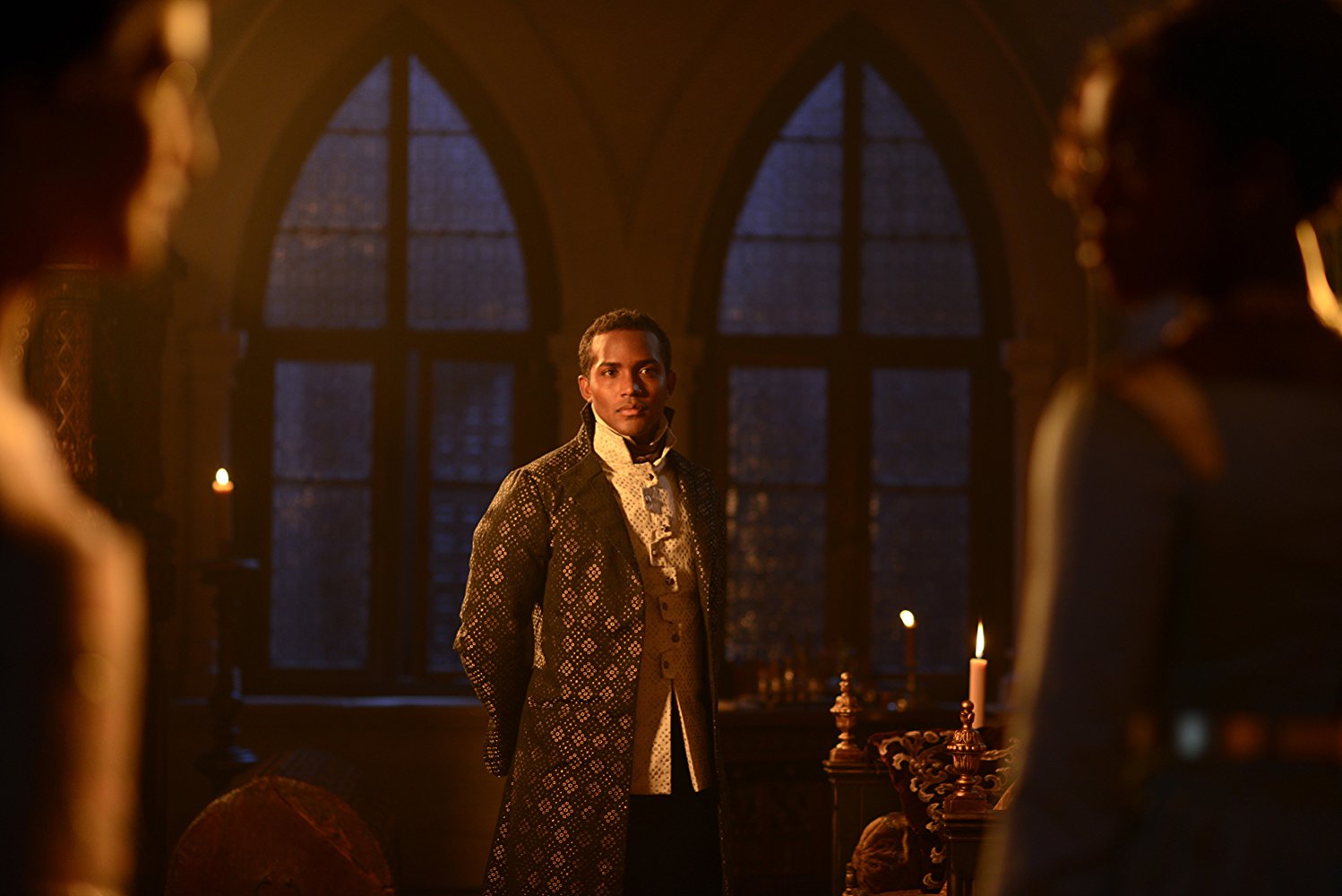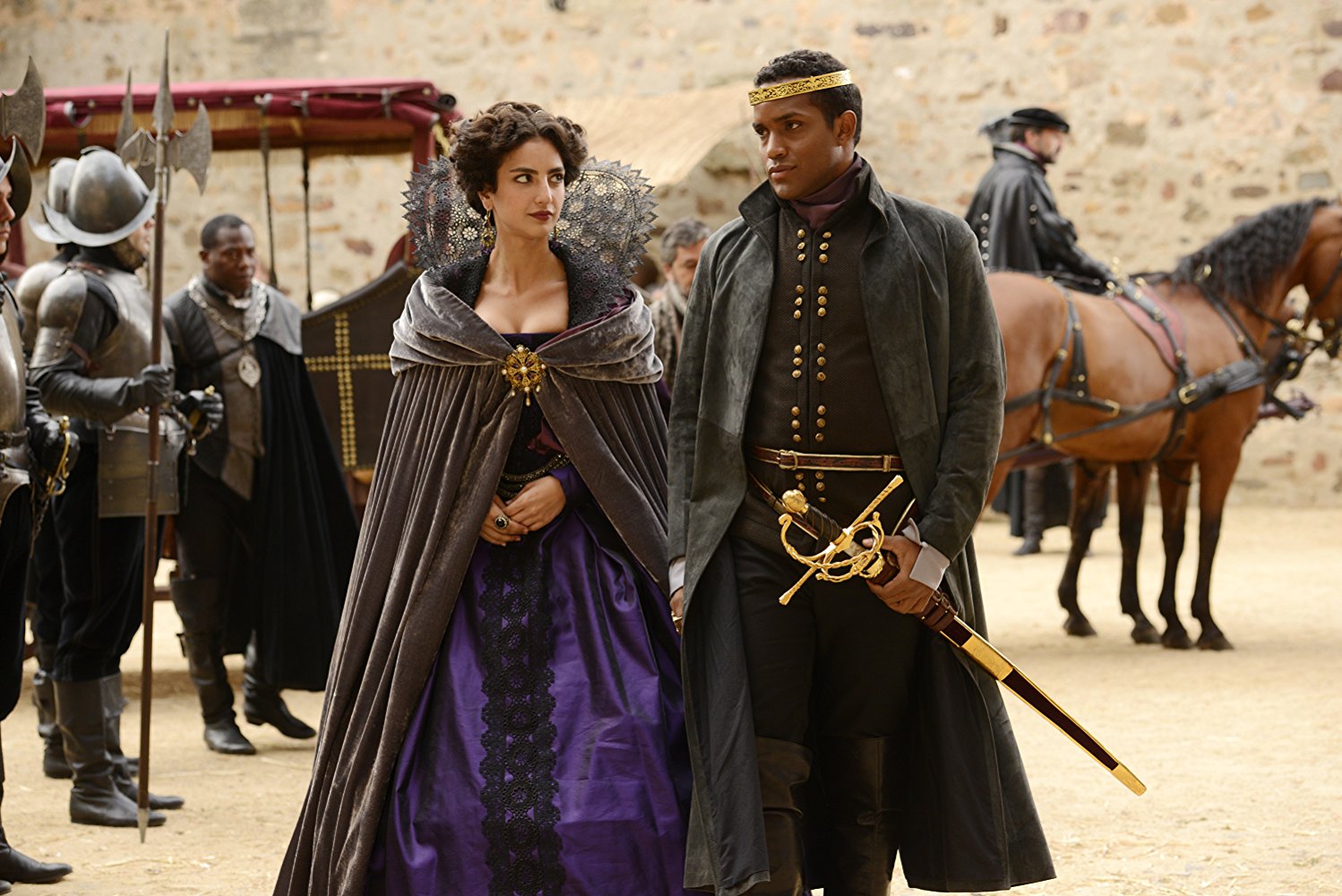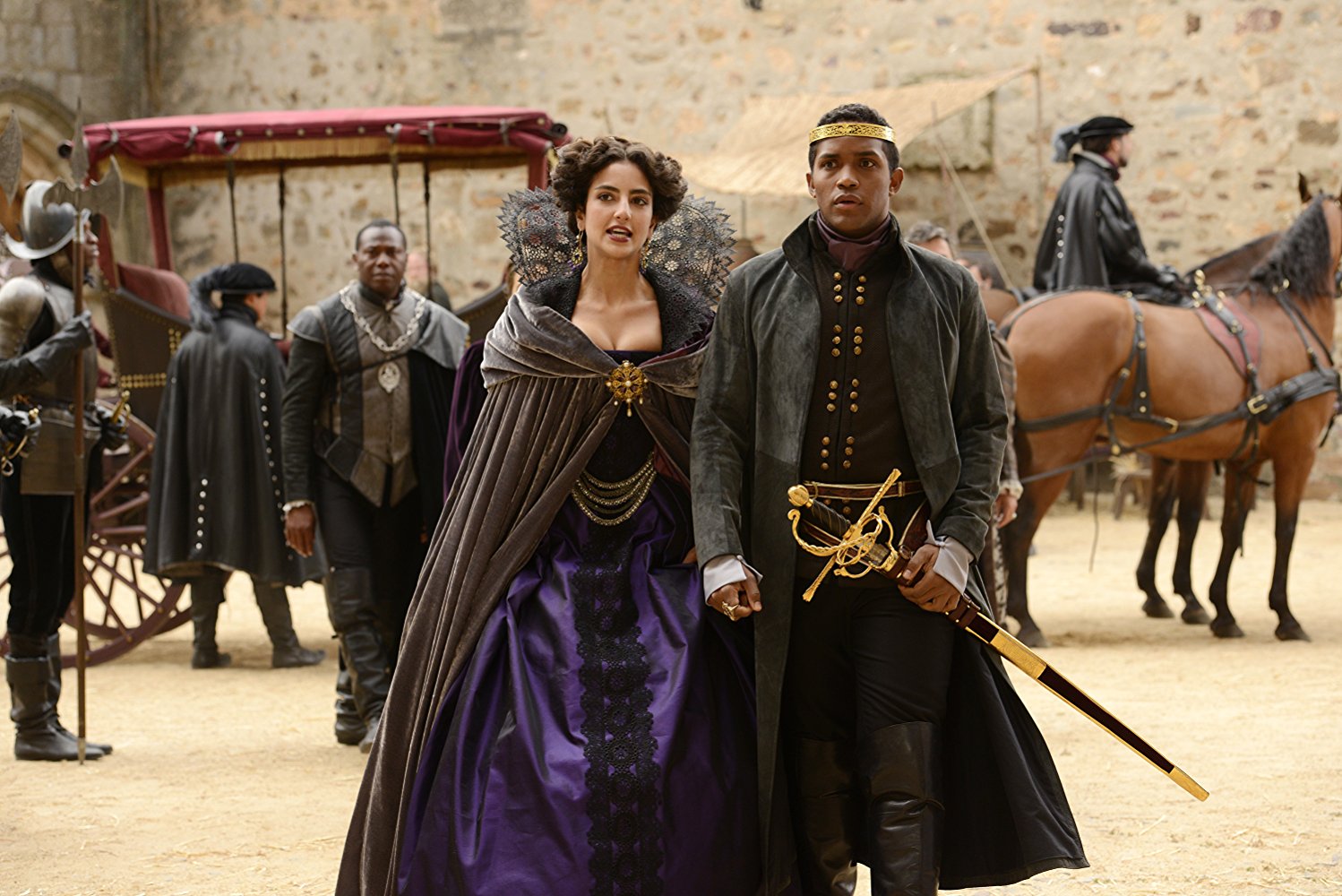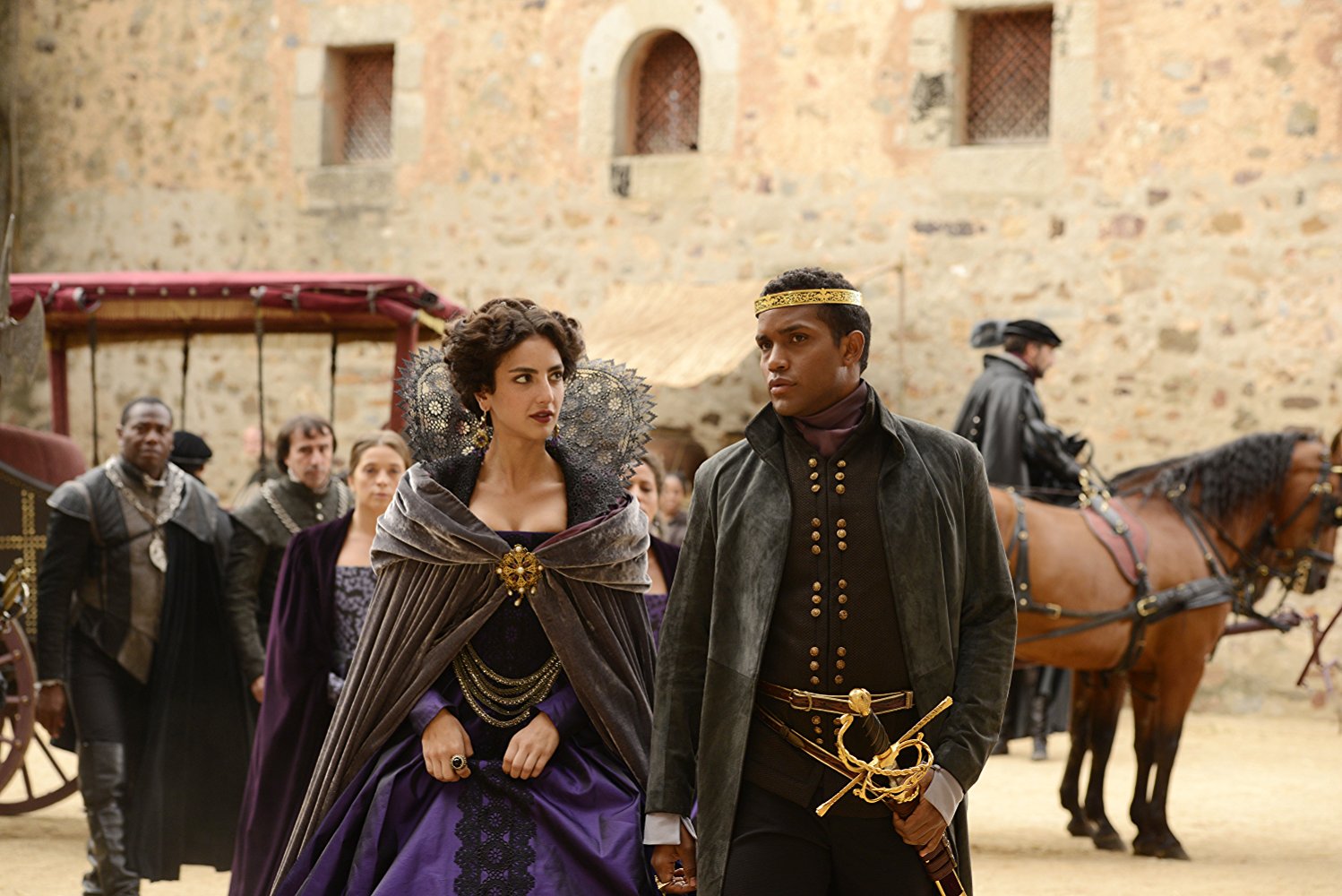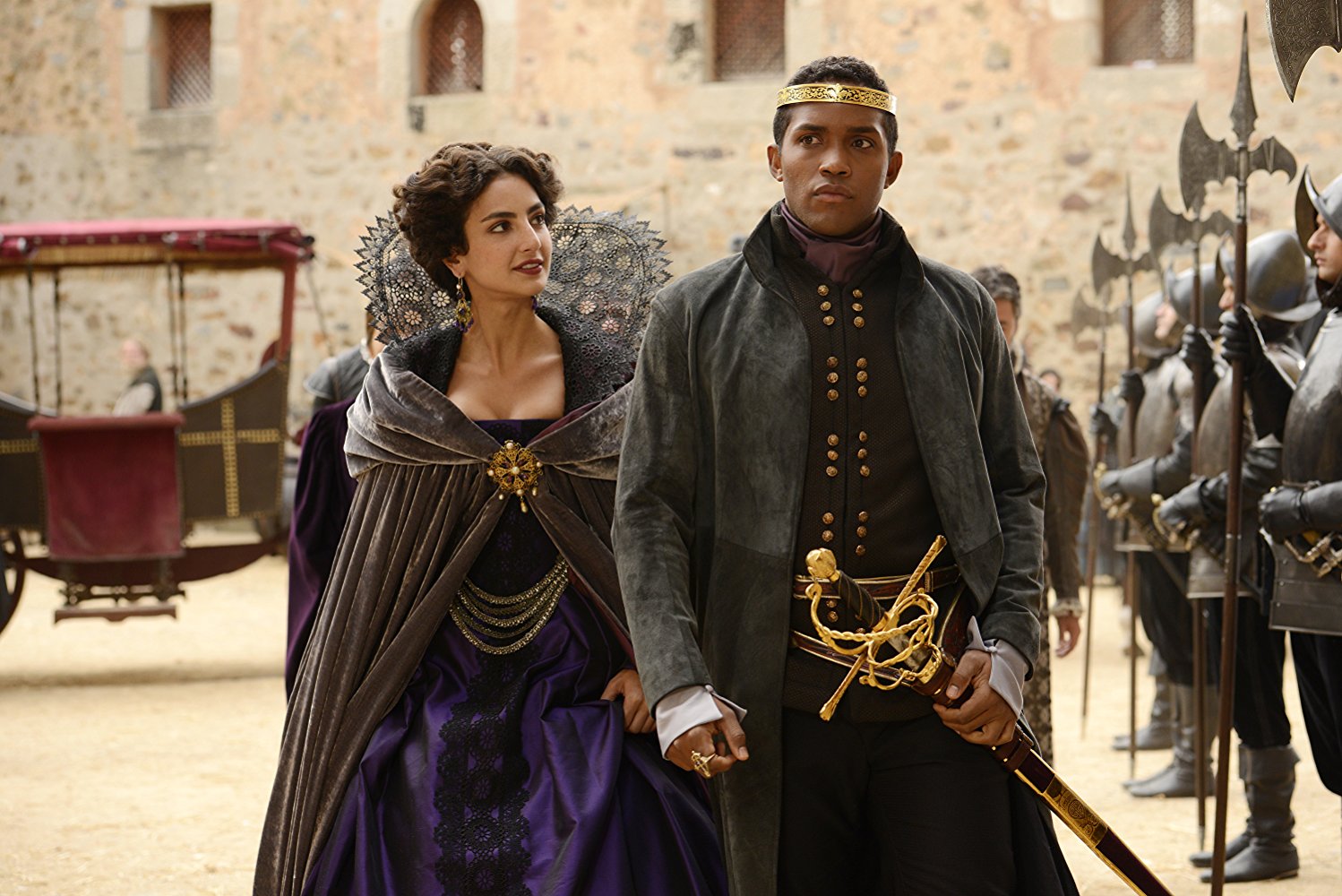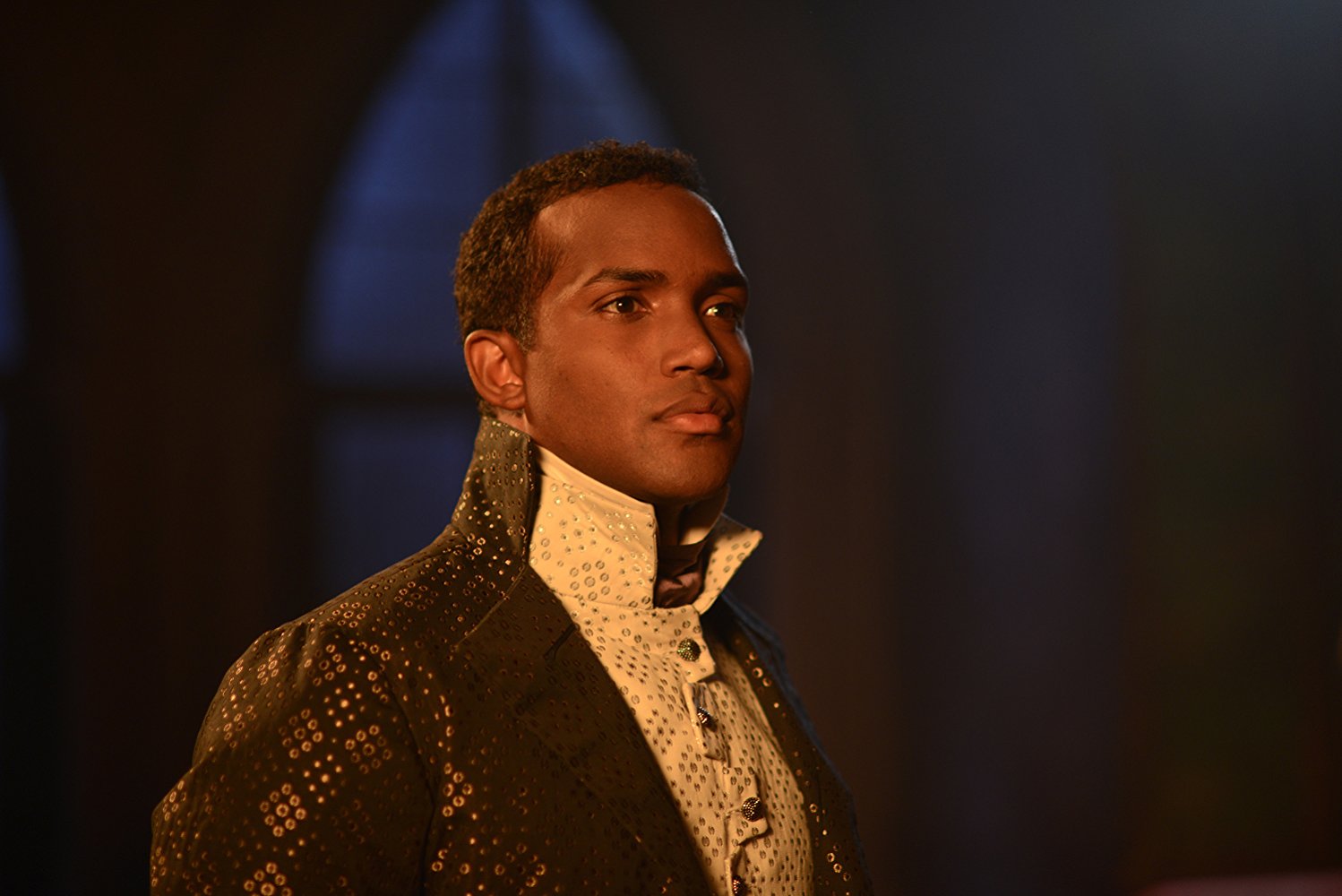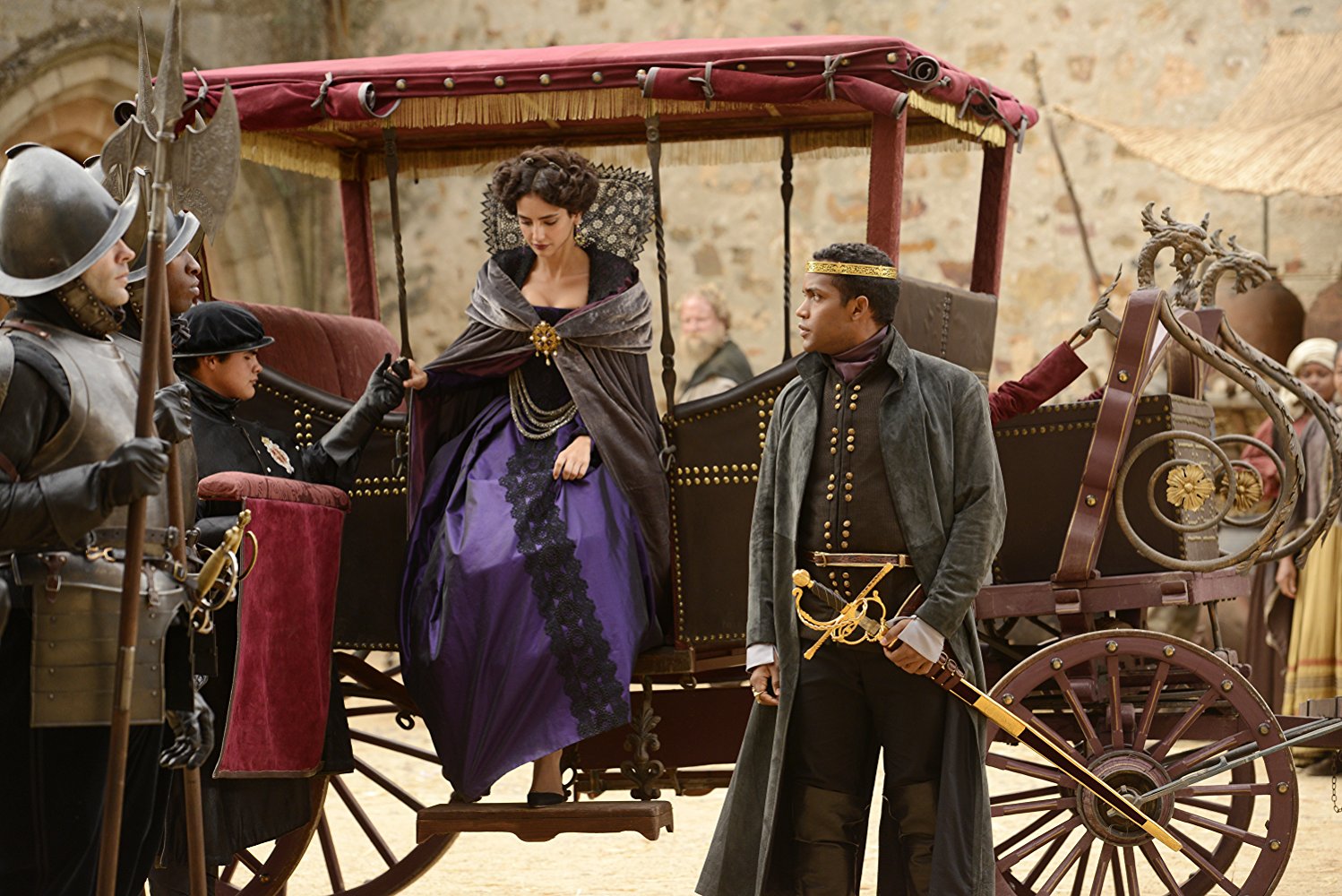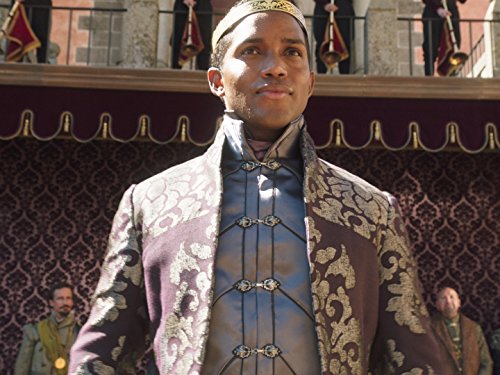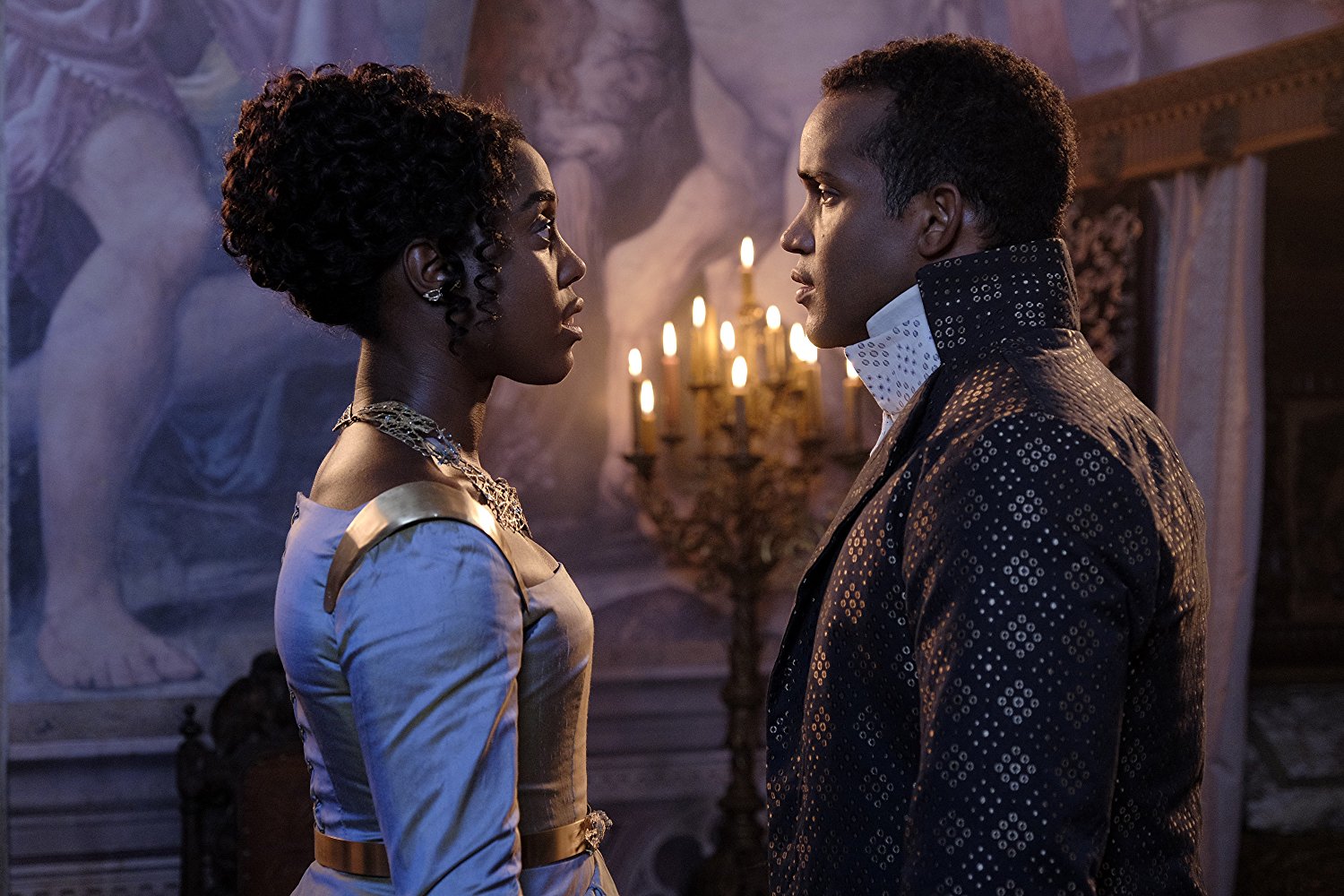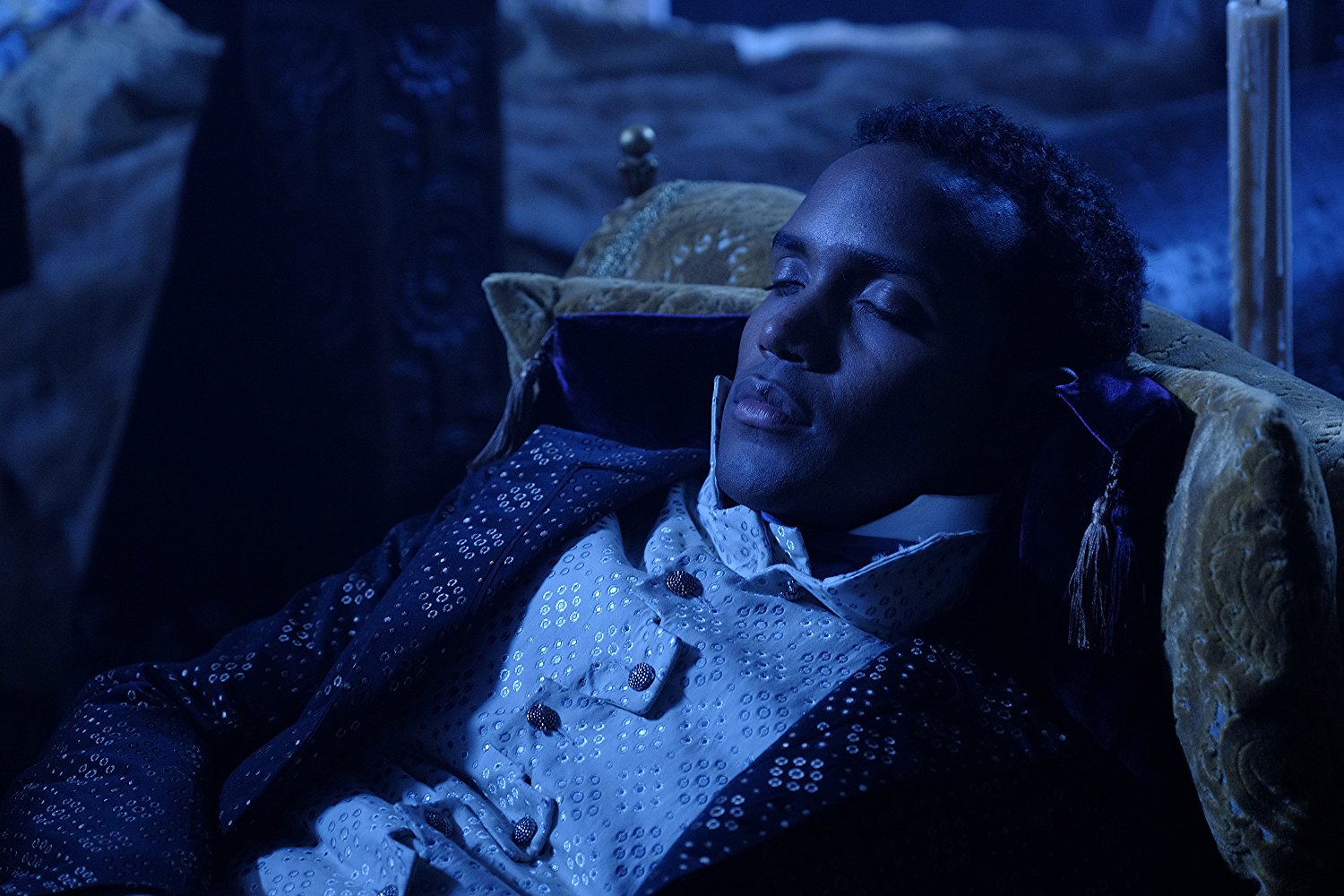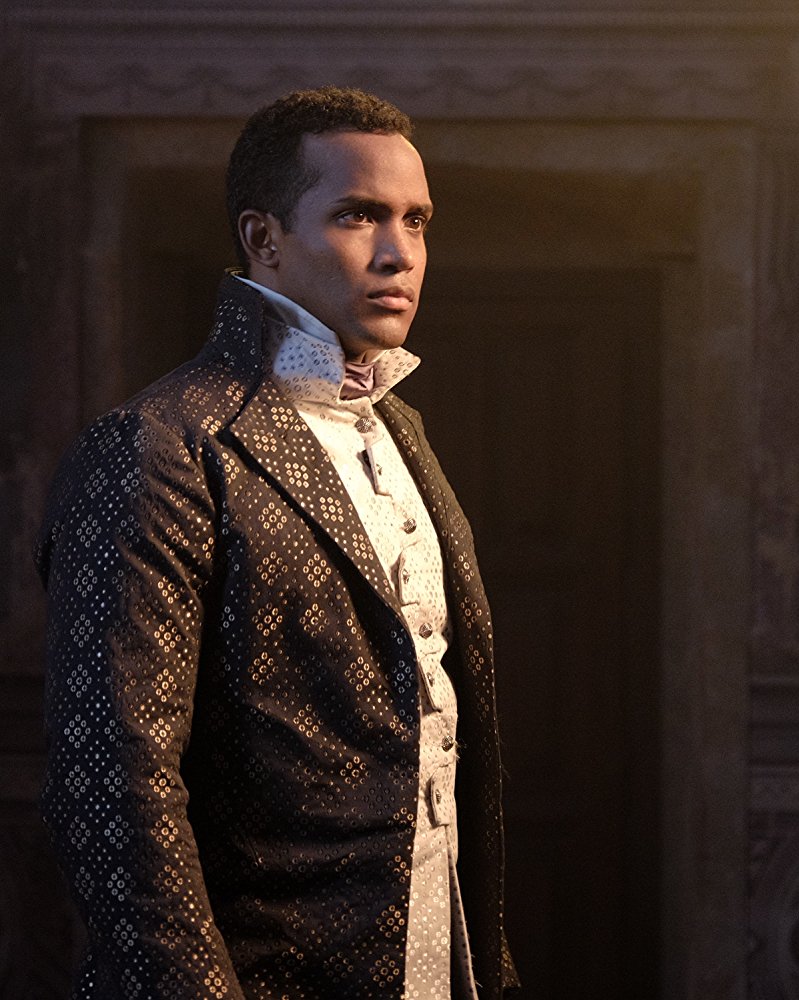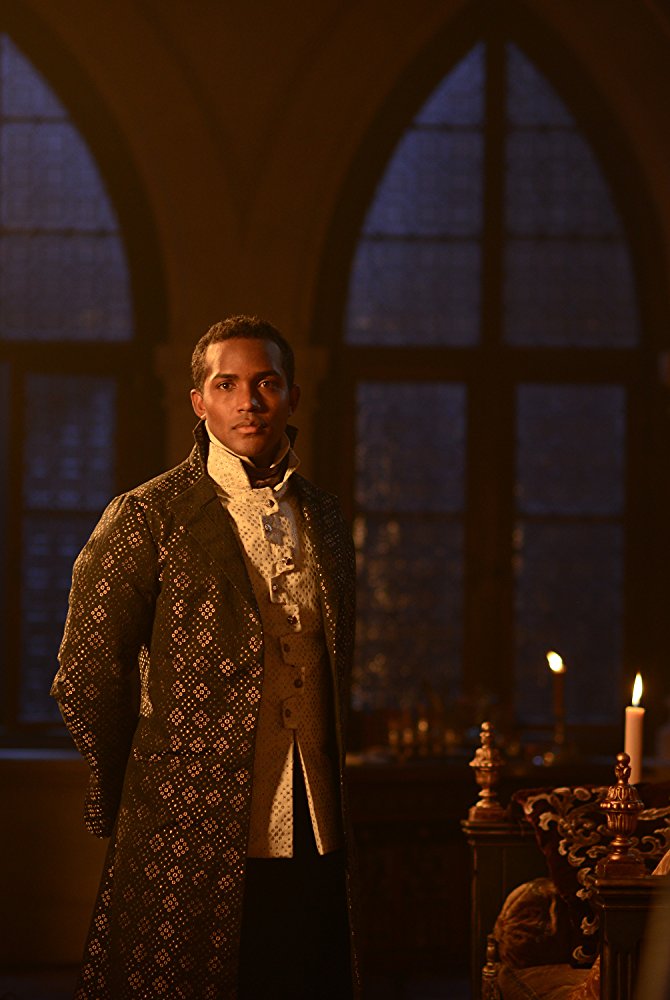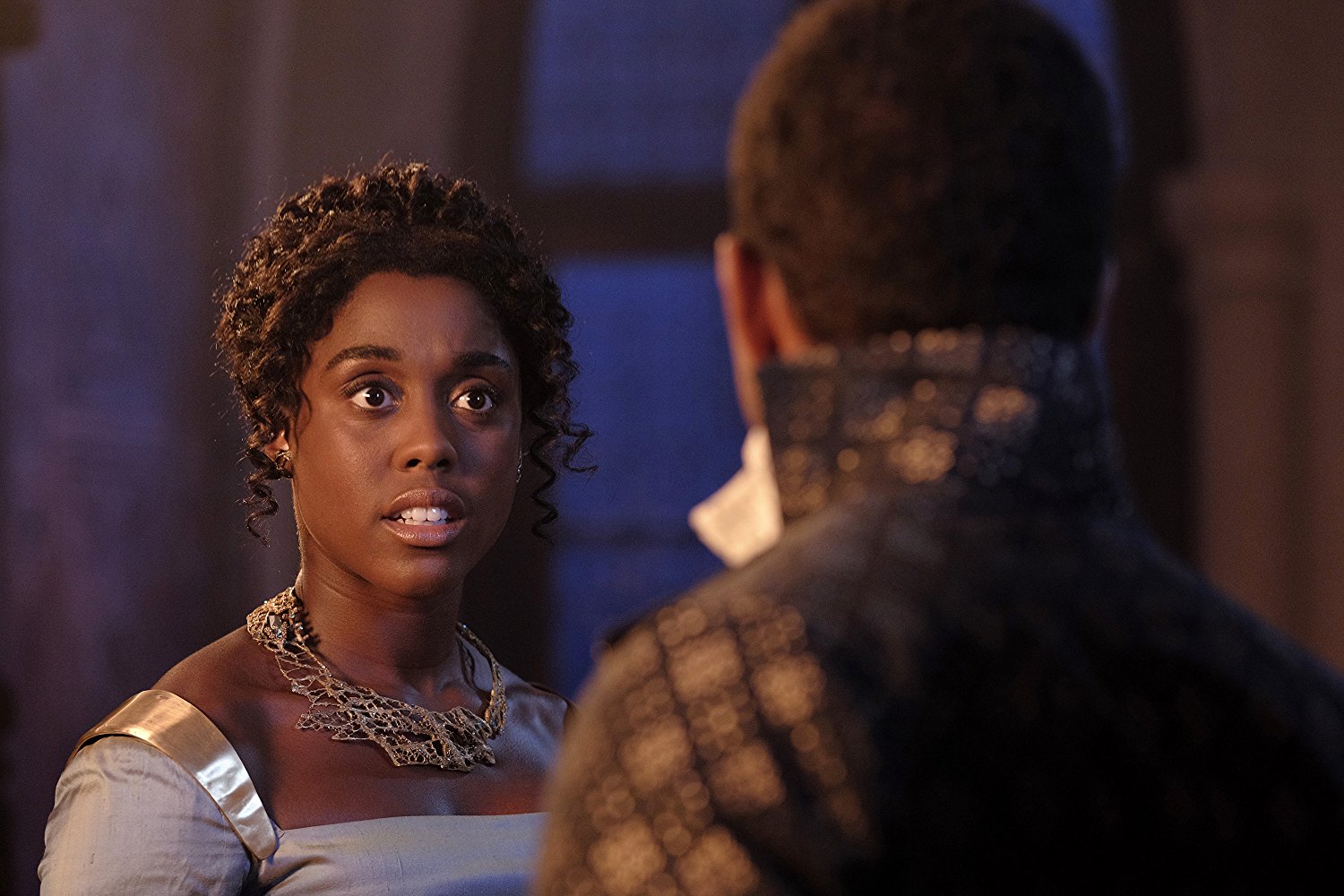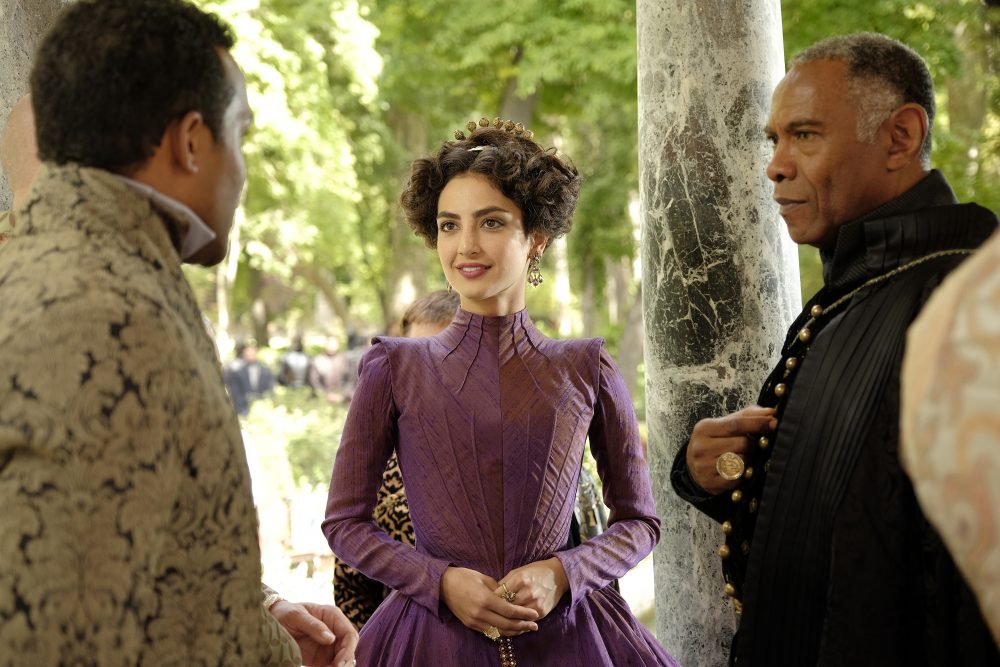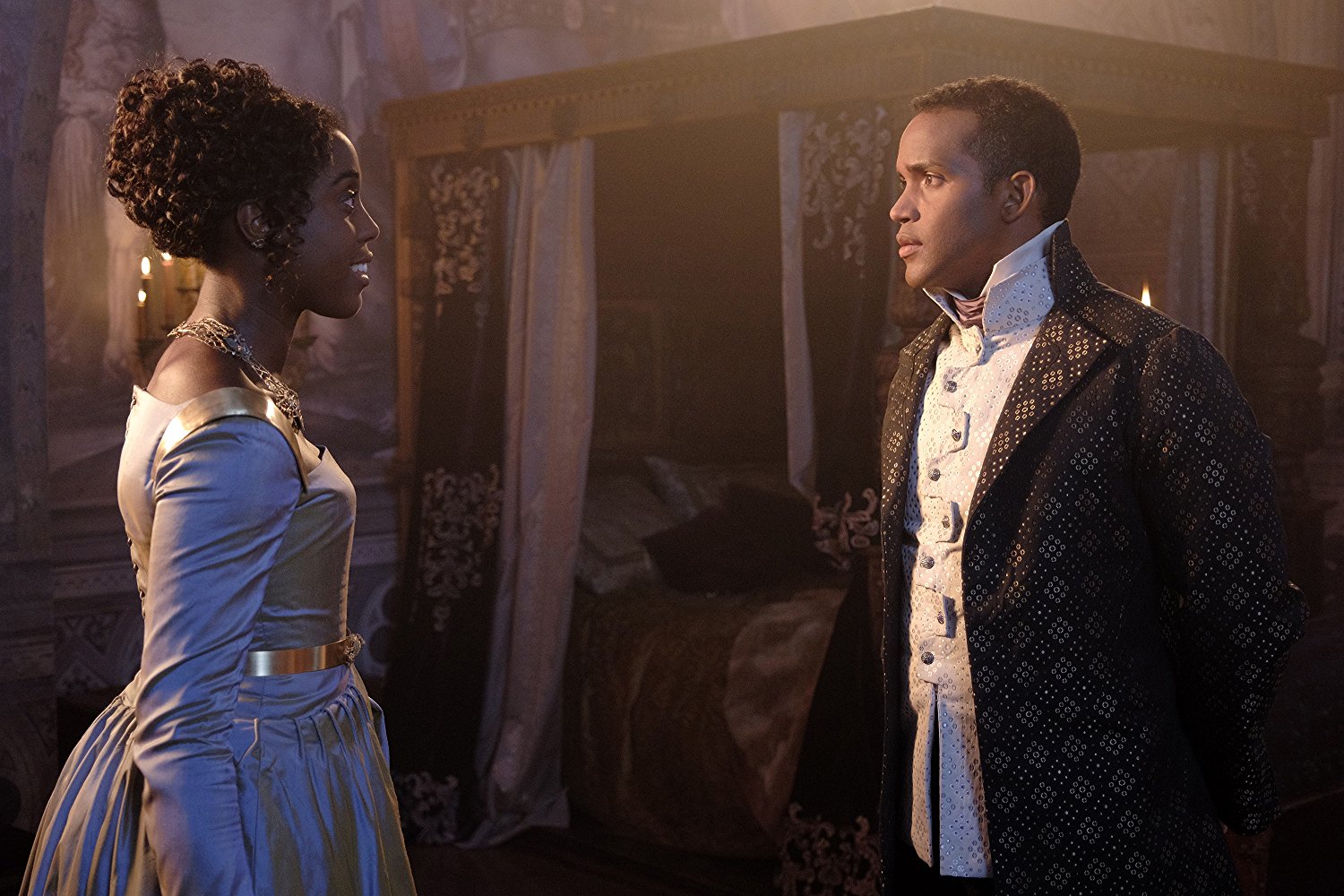Prince Escalus is the weary, wary royal who presides over the would-be trading hub of Verona, Italy.He may have been originally based on some functionary of the Scaligeri family, which began ruling the area (with Verona as their capital and palace), who are credited with ending the local bickering of families trying to gain control of the region. S...
Show more »
Prince Escalus is the weary, wary royal who presides over the would-be trading hub of Verona, Italy.He may have been originally based on some functionary of the Scaligeri family, which began ruling the area (with Verona as their capital and palace), who are credited with ending the local bickering of families trying to gain control of the region. Shakespeare would have known this... if not having seen it himself.The Prince only appears three times in the play but delivers the first extended speech and his presence is either alluded to or directly feared throughout.He is the driving factor that complicates the arguments between the Montagues and the Capulets, adding a layer of secrecy to such actions to avoid his judgement - which from the outset, seems hard set against any breaking of the calm business attitude for which he wants his hamlet to be known.His speeches point out the clumsiness (if it can be called that) of Shakespeare's earliest works by the forced rhyming and alliteration and, in the hands of the uninitiated actor, can seem rather silly and flat. It seems, on the contrary, that the original writing means him to be dangerous, short tempered, clever and impartial - if not fair. He wants business (read: tax money in the royal coffers) to proceed undisturbed and even threatens that the next person to cause public unrest will be put to death.In scripts beyond Shakespeare's, such as Romeo & Juliet Revisited , the Prince's attributes must adhere to Shakespeare's casting of the character or be discarded as either poor reflections, uneducated attempts or simplistic parodies. The key to using any character created by a previous writer is using the rules set forth in the original. These can be magnified or elaborated but they cannot be forgotten or broken.Argument could be made that other interests (business or family) are not going well for the Prince, befouling his mood before the spats between locals makes him truly surly. As scripted, he never flies off the handle but there is a boiling going on behind his well meted words.In the end, his anger - and perhaps his spirit - is broken by the tragic end of two of his young subjects and, even while still threatening punishment for those who spurred events to this sad conclusion, he is clearly near tears himself at the end.
Show less «

